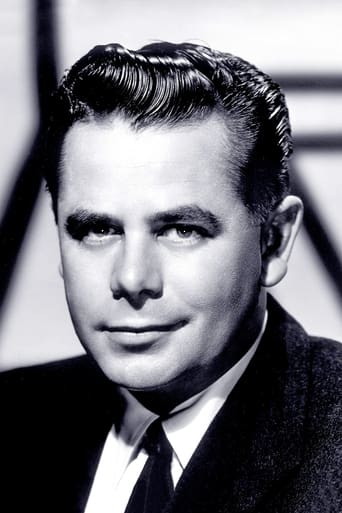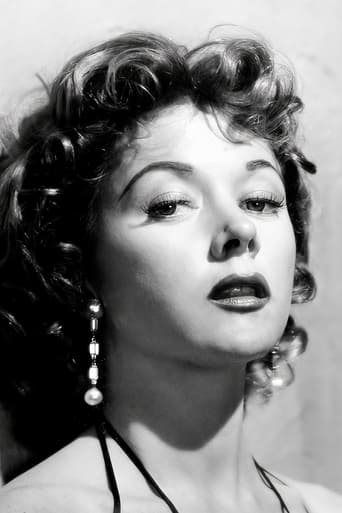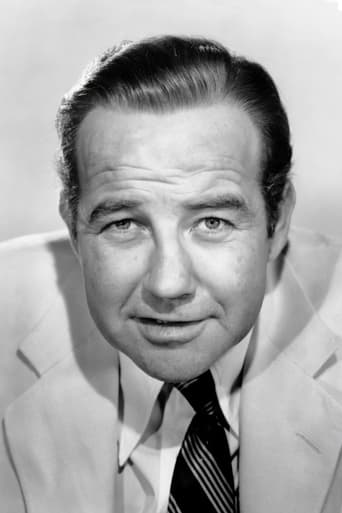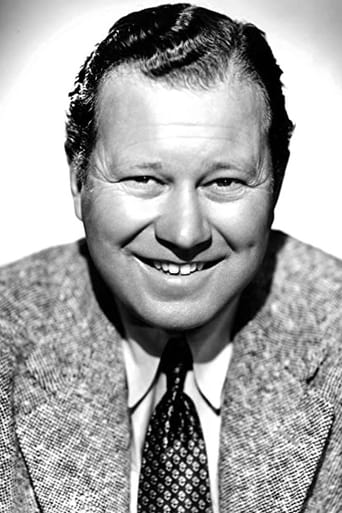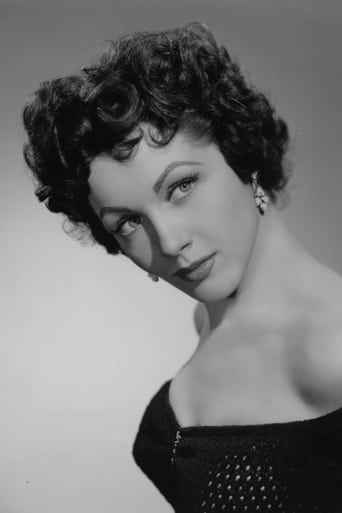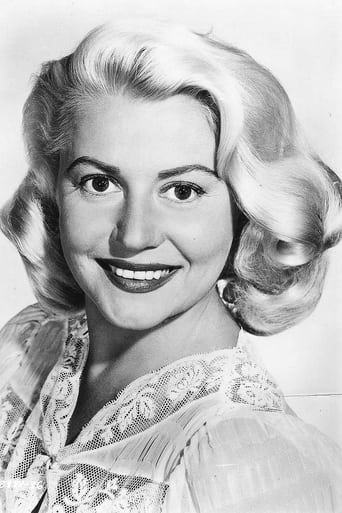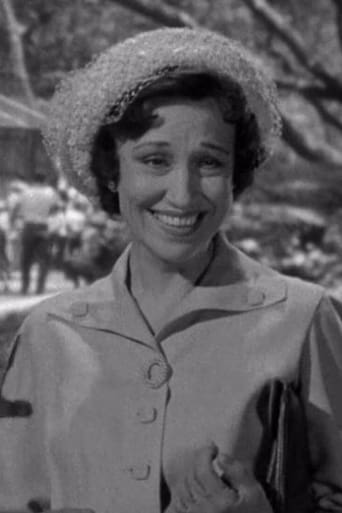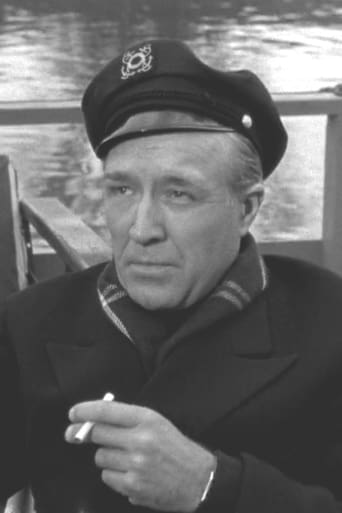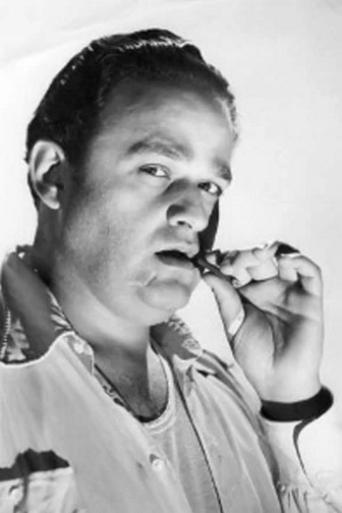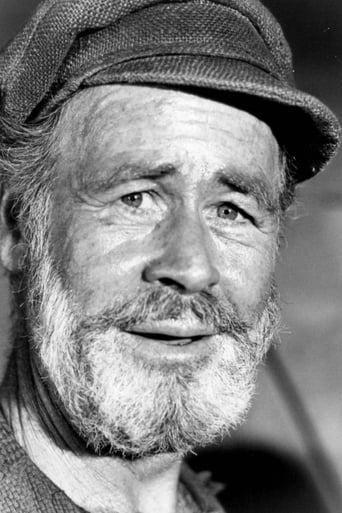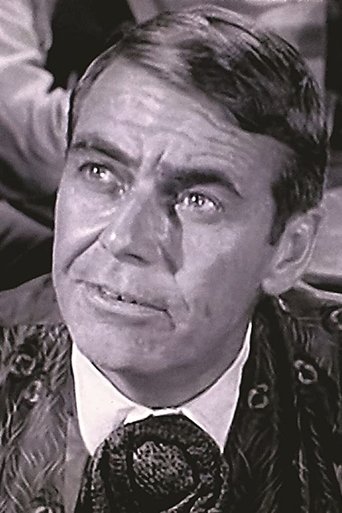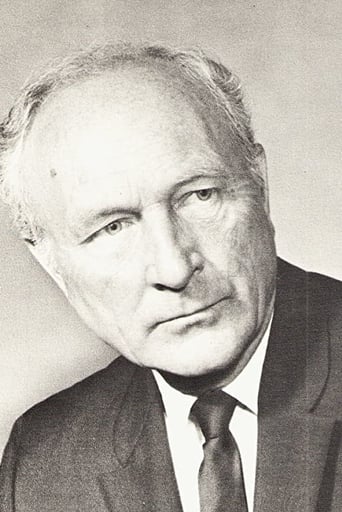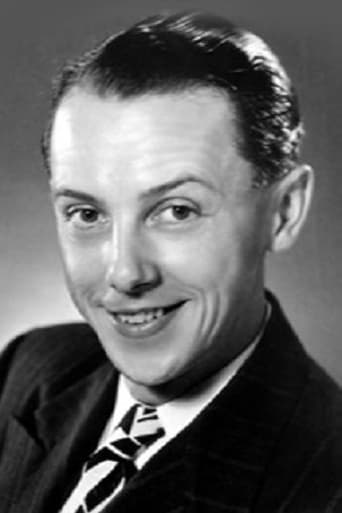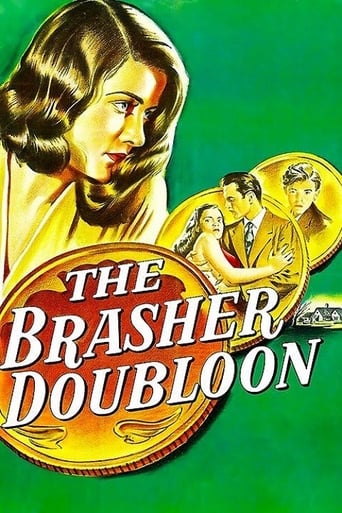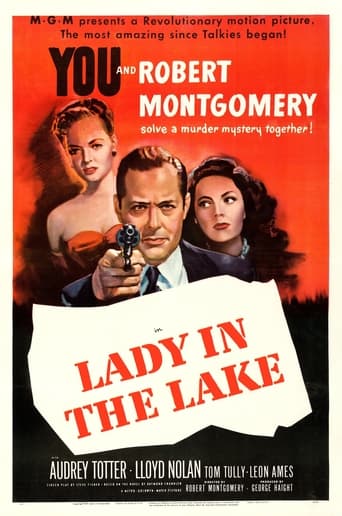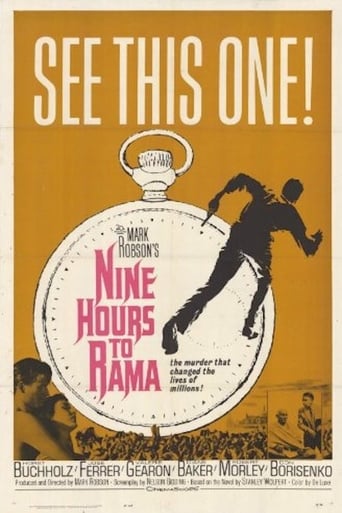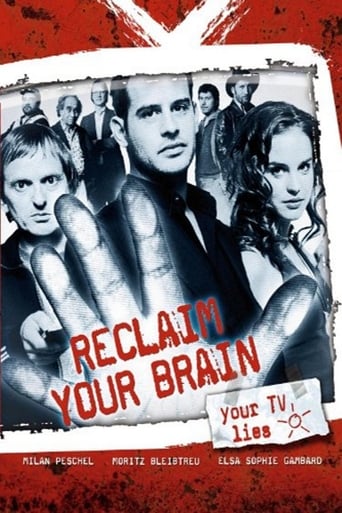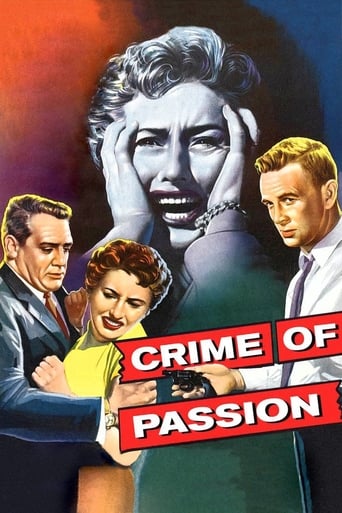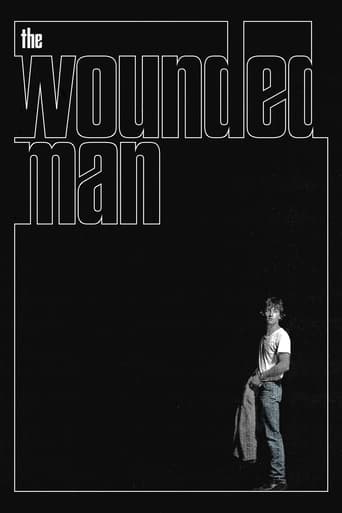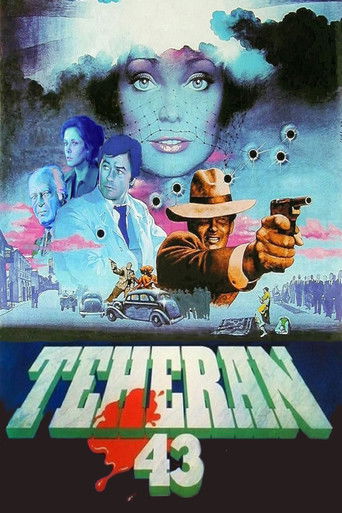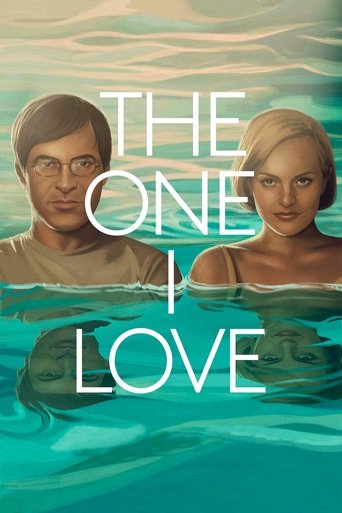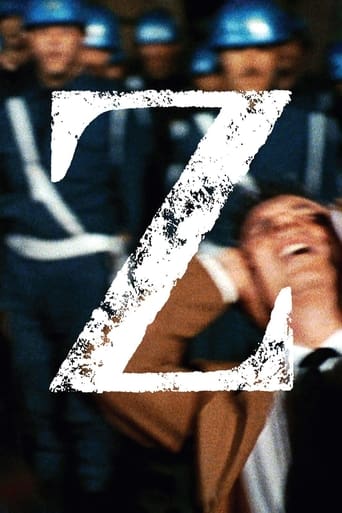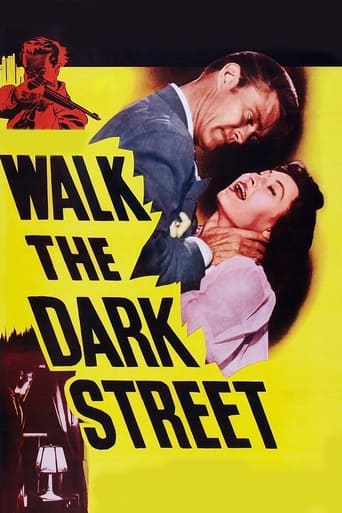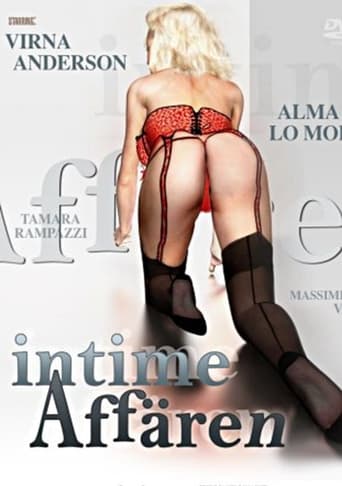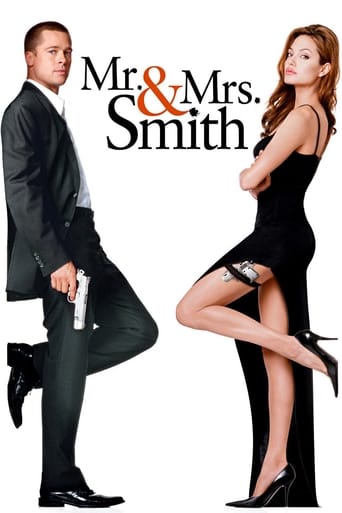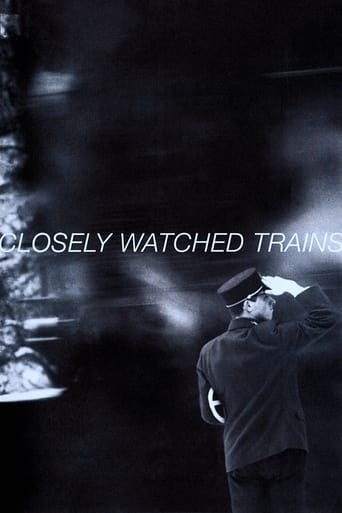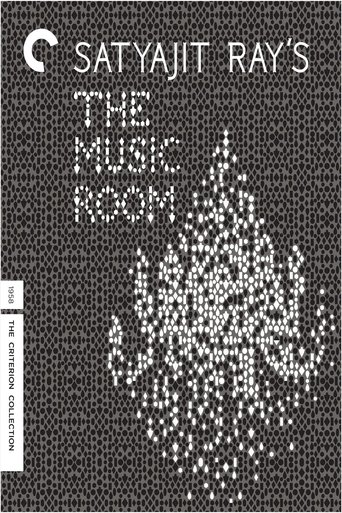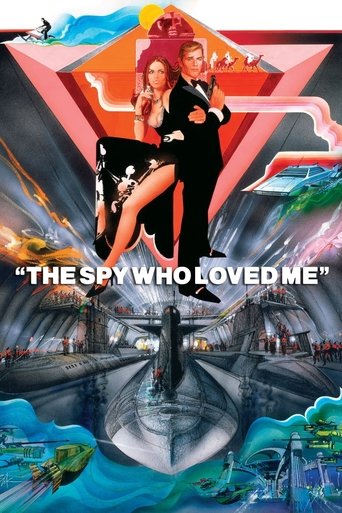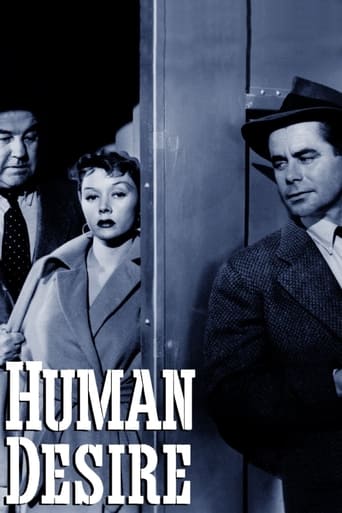
Human Desire (1954)
A Korean War vet returns to his job as a railroad engineer and becomes involved in a sordid affair with a co-worker's wife and murder. Preserved by the Academy Film Archive, in partnership with Sony Pictures Entertainment, in 1997.
- Fritz Lang
- Milton Feldman
- Émile Zola
- Alfred Hayes
Rating: 6.7/10 by 126 users
Alternative Title:
La bestia humana - AR
Schlafwagen 842 - AT
Menselijke begeerte - BE
Човешки Страсти - BE
Begær - DK
Ihmispeto - FI
To anthropino ktinos - GR
Emberi vágy - HU
Pozadanie - PL
Desejo Humano - PT
Dorinţa Umană - RO
Mord på nattexpressen - SE
Человеческое желание - RU
The Human Beast - US
Ljudska zelja - RS
Menselijke Begeerte - NL
Country:
United States of America
Language:
English
Runtime: 01 hour 31 minutes
Budget: $0
Revenue: $0
Plot Keyword: assassination, film noir, dysfunctional marriage, deceit, korean war veteran, preserved film
You never knew me. Human Desire is directed by Fritz Lang and adapted for the screen by Alfred Hayes from the story "The Human Beast" written by Émile Zola. It stars Glenn Ford, Gloria Grahame and Broderick Crawford. Music is by Daniele Amfitheatrof and Burnett Guffey is the cinematographer. The story had been filmed twice before, as Die Bestie im Menschen in 1920 and La Bête humaine in 1938. The plot revolves around a love triangle axis involving Jeff Warren (Ford), Vicki Buckley (Grahame) and Carl Buckley (Crawford). Crawford's Railroad Marshall gets fired and asks his wife, Viki, to sweet talk one of the yards main investors, John Owens (Grandon Rhodes), into pressuring his yard boss into giving him his job back. But there is a history there, and Carl is beset with jealousy when Viki is away for far too long. It's his jealousy that will start the downward spiral of events that will change their lives forever, with Jeff firmly in the middle of the storm. The Production Code of the time ensured that Fritz Lang's take on the Zola novel would be considerably toned down. Thus some of the sex and violence aspects in the narrative give way to suggestion or aftermath. However, for although it may not be in the top tier of Lang's works, it's still an involving and intriguing picture seeping with film noir attributes. It features a couple of wretched characters living a bleak existence, what hope there is is in short supply and pleasures are futile, stymied by jealousy and murder. Thrust in to the middle of such hopelessness is the bastion of good and pure honesty, Jeff Warren, fresh from serving his country in the Korean War. Lusted after by the sweet daughter of his friend and landlord (Kathleen Case and Edgar Buchanan respectively), Jeff, back in employment at the rail yard, has it all going for him. But as the title suggests, human beings are at times at the mercy of their desires, and it's here where Lang enjoys pitting his three main characters against their respective fates. All set to the backdrop of a cold rail yard and the trains that work out of that steely working class place (Guffey's photography in sync with desolation of location and the characters collision course of fate). Featuring two of the principal cast from The Big Heat (1953), it's a very well casted picture. Grahame is a revelation as the amoral wife stung by unfulfillment, sleazy yet sexy, Grahame makes Vicki both alluring and sympathetic. Lang had wanted Rita Hayworth for the role, but a child custody case prevented her from leaving the country (much of the film was shot in Canada), so in came Grahame and film noir got another classic femme fatale. Ford could play an everyman in his sleep, so this was an easy role for him to fill, but that's taking nothing away from the quality of his performance, because he's the cooling glue holding the film together. Crawford offers up another in his line of hulking brutes, with this one pitiful as he has anger issues take a hold, his original crime being only that he wants to desperately please his uncaring wife. Strong support comes from Buchanan, Case and Diane DeLaire. Adultery, jealousy, murder and passion dwells within Human Desire, a highly accomplished piece of film noir from the gifted Fritz Lang. 7.5/10
"Jeff" (Glenn Ford) returns from the Korean War to the United States where he picks up where he left off at the railroad. His boss "Buckley" (Broderick Crawford) is the jealous sort and suspects that his wife "Vicki" (Gloria Grahame) is playing away with her former, and wealthy, boss. When she returns home one night, he confronts her and forces her to write a letter that will lure the man to an unused stateroom on a train - and, well... Thing is, "Jeff" is also on the train - and he manages to complicate their exit strategy. She sees a chance, now, to be rid of her brutish husband and sets about seducing her new friend and trying to manipulate him into finding a new use for an heavy spanner. Graham is on good form here as the duplicitous woman, and Crawford is also quite effective as the frequently whiskey-sodden husband. It's Ford that's a bit of a revelation for me, though. I always found him rather a bland actor. Like Alan Ladd, he never quite managed to ignite a role for me - yet here, he goes some way to delivering a convincing performance as the man gradually ensnared in the trap of a shrewd "Vicki". This also does not end as I was expecting - it's got a sense of validation that I rather enjoyed. It's quite well paced with a script notable more for it's brevity than for anything especially potent and the three actors work well to deliver a solid and watchable drama.

